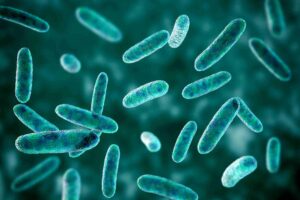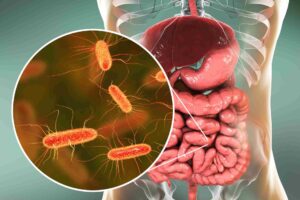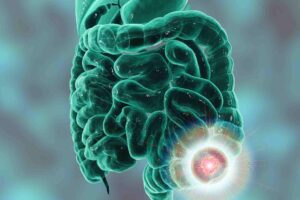Gastroenterology
Gastroenterology, Scientific research
The imaging approach can provide insights into the relationship between mice and their microbiota. It can also offer a glimpse of the cell wall turnover of gut bacteria in living…
Gastroenterology
A recent study suggests that SCFA production is associated with a restoration of intestinal homeostasis and sustained remission in CD patients.
Gastroenterology, Nutrition
The findings of a new research suggest that the gut microbiota can influence binge-eating of sweet foods.
Gastroenterology, Scientific research
The findings of a japanese research suggest that several viruses are linked to specific populations and diseases.
Gastroenterology
Researchers have found that a diet low in fermentable carbohydrates can alter the human microbiota in ways that influence the expression of genes involved in inflammation and intestinal integrity.
Gastroenterology
A recent study confirms that ileum and colon have a distinct microbiota: unlike the bacterial composition of the colon, the ileum is subject to frequent fluctuations.
Gastroenterology, Neuroscience
The findings of a new research may help to inform therapies to modulate brain circuits that are involved in substance use disorders.
Gastroenterology, Immunology
Microbiota alterations in COVID-19 patients appeared to be associated with secondary infections of the blood by gut bacteria: four cases of positive blood cultures of Staphylococcus species were identified.
Gastroenterology, Oncology
The findings of a recent study suggest that DNA damage-inducing microbial metabolites such as indolimines play a role in the development of colorectal cancer.
Gastroenterology, Geriatrics
The findings of a recent study suggest that a specific strain of Subdoligranulum can drive the production of autoantibodies in rheumatoid arthritis.











